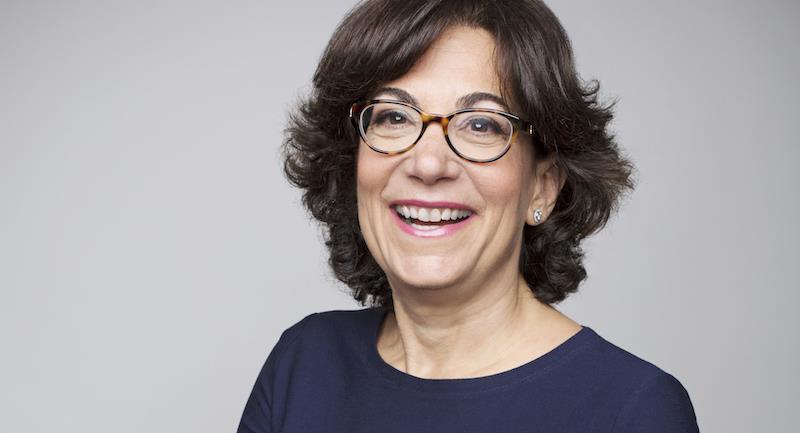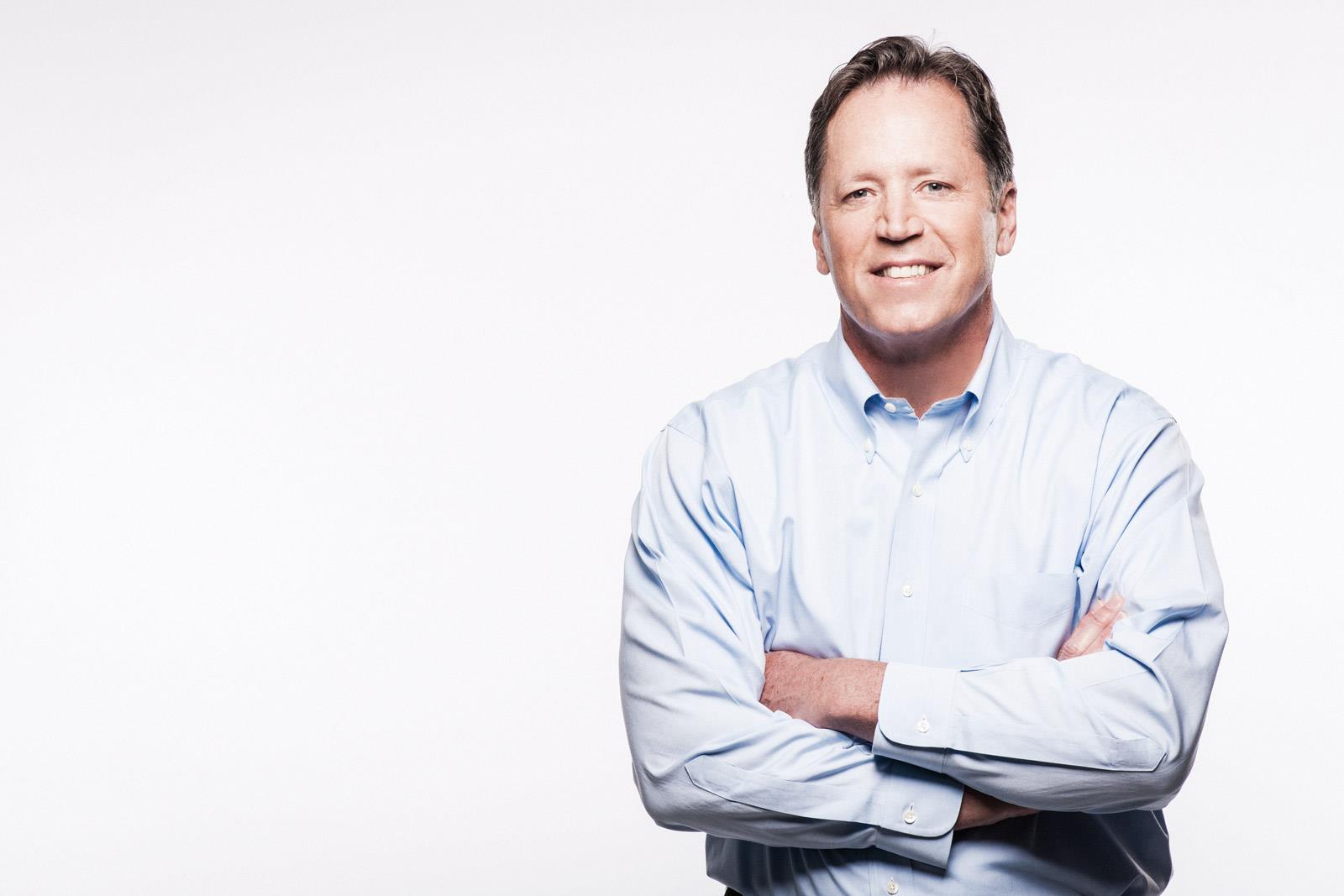Forbes, Monocle and Trusted Media Brands on how to transform a publishing business

***The World Congress takes place from 12-14 November in Las Vegas. Get your tickets by registering here.***
Every major publisher has been through some kind of transformation in recent years – whether a print-to-digital transformation, a revenue-model transformation or an ownership change.
So how have they managed that successfully and how important has it been to retain their original offering?
Bonnie Kintzer, CEO of Trusted Media Brands, says staying true to the brand – as a ‘content-first company – while evolving was certainly important for her organisation.
“I think first and foremost, we have always been and have continued to be a customer-first business,” she says. “We make most of our money from consumers paying us. Advertising is important, but we get most of our money from selling products and services to our customers. That has not shifted. What has shifted is that as we’ve grown our digital footprint to be so significant. We can now take that marketing ability and understanding of our audience and create new products and services, and also sell some more advertising too.
“But many things have changed. When I first got here, we were probably more of a print-first company. And now I would say we’re a content-first company. So it’s about the story that we’re putting out for the audience – and then what platform it goes on. That has made a huge difference in terms of the business that we’re in.

Bonnie Kintzer, Tristed Media Brands
Forbes CEO Mike Federle says his organisation’s approach was similar. “Forbes has been really well documented as one of the first successful digital transformations,” he says. “Over the past ten years, the declines in our traditional business of print have been around $100m, but we’ve been able to completely fill that gap and then some with our digital businesses, as well as some other businesses we’ve created.
“During that time we’ve built that digital business to scale and created new non-advertising revenue models, through licenses and partnerships and so on – so we’ve also done well in being ahead of the curve on that diversification. That’s what’s taken us to where we are today, which is a very strong position.
 |
Mike Federle, Forbes
“However, the foundation on which everything is built is our 100-year-old legacy of great and professional journalism – that’s at the core of all of our content creation and it will remain the driver of our success going forward,” he adds. “It allows us to take that trust and expertise that we have built over the years and use it to jump into all sorts of other businesses that, using our brand name and the trust associated with it, have given us new opportunities beyond the core media business.”
One brand that has certainly stayed true to its heritage – print – is Monocle, the print-based brand created by Tyler Brûlé. However, his organisation is also evolving – and again while staying close to its brand values.
“If you cut to the core of what we do and you look at the numbers, the magazine is still driven by advertising and largely driven by print,” Brûlé says. “After plugging away at the podcast for eight or nine years, that’s really starting to pay this year and become a profitable business – but it’s still an advertising model. If you go into iTunes to download it, it’s there and it’s free – so it still relies on the advertising. Our business has always been underpinned by that, and thankfully we’ve seen fantastic advertising growth this year. As the path to that number altered significantly, one of the first things we did was embrace the world of advertorial and native advertising – and that has really helped us. It’s good because that type of advertising is part of our DNA. We are probably now raising 40 per cent of our advertising through native content activity and it is growing, so that’s a shift, but advertising still underpins what we do.
“How have we done that? We’ve had the same leadership on the title for some time and there’s definitely something to be said for that longevity and that consistency. We’re a title in the English language, with a truly international magazine, coming out of London. What’s helped ensure we’re seen on the same terms as coming out of Los Angeles or Geneva is having everyone pulling in the same direction. The same goes for our commercial teams – they are really clear on the types of brands that we want to be working with. And the third thing that has helped us protect the brand has been the talent we have been able to attract by being based in London. London is a magnet for fantastic editorial talent and in a good year we have something like 25 or 26 different nationalities working in our building, helping us deliver a truly international title.”
 |
Tyler Brûlé, Monocle
So, moving forward, how do these leaders of major global brands see their models evolving further – and how do they plan for success?
Forbes’ Federle says future expansion is much more likely to be built data and information than it is gut instinct. “The next step is to go really much deeper on the audience data – as a way to make the experience much richer with our audience; as a way of informing our editing in terms of what people are most interested in and spending most time with, as well as product development; and as a way, in sales and marketing terms, of evolving our audience-driven ad offerings to our marketing partners. So data is going to be a big thing going forward,” he says.
“At a macro level, the opportunities for us around international growth continue to be really strong. Wherever there is a growing business class or an emerging business class, Forbes has an opportunity, so to that we continue to look. We’re launching a lot of new products around entrepreneurship, which has become one of our core content areas, and so we’re continuing to identify where topics like that are required around the world and creating expansion through those.”
Brûlé has similar plans for further expansion of the Monocle brand, too – with some moves already underway.
“We already have a well-established bricks and mortar and ecommerce business, and have had for many years. But we’re also in the midst of doing something really significant, and that’s opening a 200-square-metre books, magazines and Monocle shop at Hong Kong airport. This is partly doing something for the print sector. We have seen this steady decline of newsstand publications, with magazines and books being increasingly pushed to the back while sweets and drinks come to the front, and we’re going to completely shift that on its head and create a space that is about reading. It’s about a love of newspapers, great magazines and books, and it’s going to be delivered in an environment where you want to linger rather than think ‘I can’t wait to get out of here’.
“In addition, we’re looking to turn the podcast series into a print magazine and I suspect there will be more spin-off titles to come, although they are also likely to be under our umbrella. What’s perhaps more interesting is that there’s maybe room for us to acquire something. That might be the bigger question and we’ll see where we go with that.”
Meanewhile, Trusted Media Brands’ Kintzer says the key takeaway for her from the transformation of her business is the importance of communication and evaluation through all stages of the process.
“I think communication is very important – you can never communicate too much,” she says. “For people to really understand what we’re doing why we’re doing it, you need to give them an opportunity to ask questions. I do a lot of small group meetings. I mean, when I first got here – I know it’s been written about – I met with over 100 people, one on one, for 20 minutes each, and you learn a lot. I also do new-employee meetings so that they can hear from me what it is we’re trying to do.
“In addition, we have a number of metrics. On a corporate basis, of course, its revenue. But on a digital basis it’s the number of visits and its revenue per visitor. It’s engagement, too. Engagement is super important to us. We look at the number of minutes spent on our site versus competitors – and we pretty much always win, which makes us so excited. And I think that goes back to the strength of the content. On the consumer-marketing side, we measure the amount of subscribers we’re bringing in through digital channels, we measure how many people go on automatic credit card. So we are a metrics-driven company.”
***The World Congress takes place from 12-14 November in Las Vegas. Get your tickets by registering here.***
More like this
[FIPP Congress Q&A] Data and privacy: a new battleground
[FIPP Congress Q&A] Heroics at Trusted Media Brands
[FIPP Congress Q&A] How Fast Company and Inc. became more than magazine titles
[FIPP Congress Q&A] Enter the dragons
Magazine media’s flagship global event and a media tour to LA









